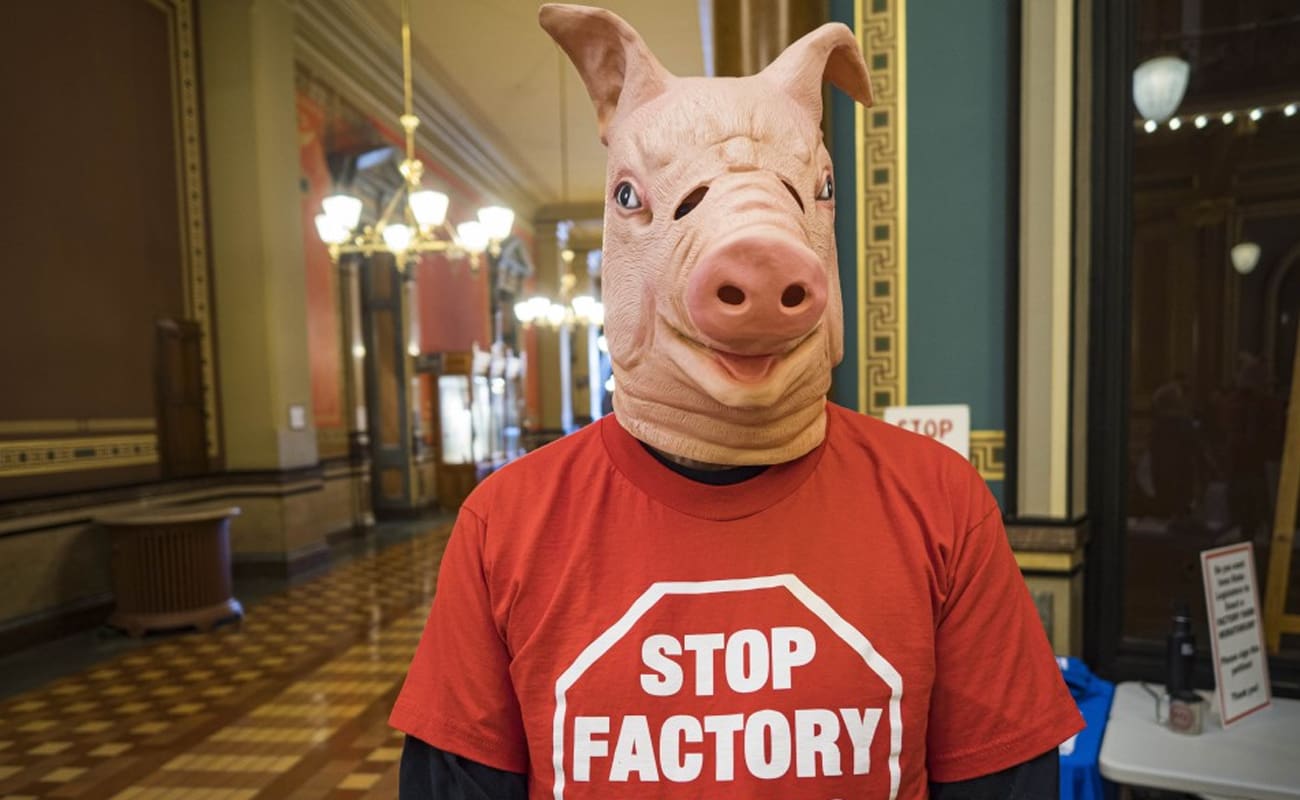Sustainable Eating focuses on creating a food system that supports long-term ecological balance, animal welfare, and human well-being. At its core, it encourages reducing dependence on animal-based products and embracing plant-based diets that require fewer natural resources and generate less environmental harm.
This category examines how the food on our plates connects to broader global issues such as climate change, land degradation, water scarcity, and social inequality. It highlights the unsustainable toll that factory farming and industrial food production take on the planet—while showcasing how plant-based choices offer a practical, impactful alternative.
Beyond environmental benefits, Sustainable Eating also addresses issues of food equity and global food security. It examines how shifting dietary patterns can help feed a growing population more efficiently, reduce hunger, and ensure fairer access to nutritious food across diverse communities.
By aligning everyday food choices with sustainability principles, this category empowers people to eat in a way that protects the planet, respects life, and supports future generations.
The connection between what we eat and the health of our planet has never been clearer. Animal agriculture is a leading driver of deforestation, greenhouse gas emissions, water scarcity, and biodiversity loss—posing significant challenges to environmental sustainability. This article uncovers the far-reaching ecological consequences of animal-based food production while spotlighting the transformative power of plant-based diets. By embracing plant-forward eating, we can curb climate change, conserve vital resources like land and water, protect wildlife habitats, and contribute to a more sustainable global food system. Discover how your plate can become a powerful tool for protecting the planet—starting today!


























































